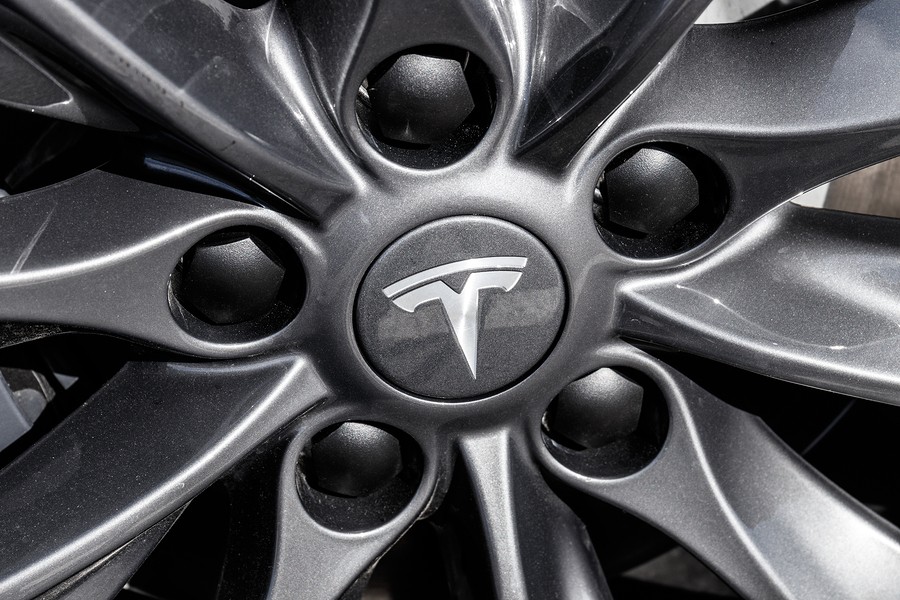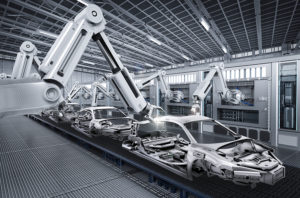Will Tesla Become King of Automotive Manufacturing?

Tesla has become a major influencer in the automotive industry — and in a short amount of time. Despite being generations younger than its competitors, Elon Musk’s auto brainchild has managed a significant market share. But will Musk’s unparalleled vision put the automaker ahead, or might we see the company lag behind his manufacturing promises?
Closing the manufacturing gap
Despite initial successes, Tesla still falls behind its competitors when it comes to manufacturing. While auto giants like GM, Toyota, and Volkswagen all produce more than 10 million vehicles annually, Tesla’s numbers fall far beneath that and earned the company about 1% of last year’s global auto sales overall. But Musk is looking to close that gap.
2018 will prove to be a seminal year for Tesla manufacturing capabilities. With the introduction of the Model 3 — the company’s first competitively priced sedan — in 2017, Tesla has seen an incredible rise in sales. This demand has also forced increased production as the company presold nearly half a million. But getting these cars off the assembly line and onto the road has proven difficult.
The automation question
 Many of Musk’s Tesla manufacturing hopes focus on automation. However, while his original idea of a robot-driven factory was an innovative notion, it also caused some issues for the brand. In fact, the tech giant himself tweeted in April, “Yes, excessive automation at Tesla was a mistake. To be precise, my mistake. Humans are underrated.”
Many of Musk’s Tesla manufacturing hopes focus on automation. However, while his original idea of a robot-driven factory was an innovative notion, it also caused some issues for the brand. In fact, the tech giant himself tweeted in April, “Yes, excessive automation at Tesla was a mistake. To be precise, my mistake. Humans are underrated.”
In recent weeks, however, it seems Tesla manufacturers have fine-tuned the software-driven factory. Though admitting he may have rushed into things, Musk is now more confident. He announced Tesla will be able to produce 5,000 vehicles per week thanks, in part, to a third production line. While it will take overcoming more challenges to get Tesla where Musk wants it to be, this is a step in the right direction.
The question of safety
Becoming a major player in automotive manufacturing in such a short amount of time has led many to question Tesla manufacturers’ ability to keep factories safe. Automation is key to Tesla’s overall production approach. Still, a human touch is necessary on the facility floor, which can open the door for injury. In April, the California Occupational Safety and Health Administration hit Tesla with a workplace safety probe. This came after reports of workplace violations as well as allegations of underreporting work-related injuries surfaced.
Additionally, labor advocacy group Worksafe reported that, based on Tesla data, the company’s workplace injury rate was 31% higher than the industry average in 2015 and didn’t improve much the following year. Musk didn’t speak to deny this claim but has issued statements regarding significant strides for Tesla workplace safety. He now says the injury rate is 6% lower than the industry average.
With these new advances, Musk contends the Tesla approach to manufacturing gives the company a competitive edge. Complete automation might still be in its infancy. Tesla manufacturers’ ability to adapt and prove the success of innovative production concepts, though, might see the company at the top of the automotive manufacturing mountain sooner than later.